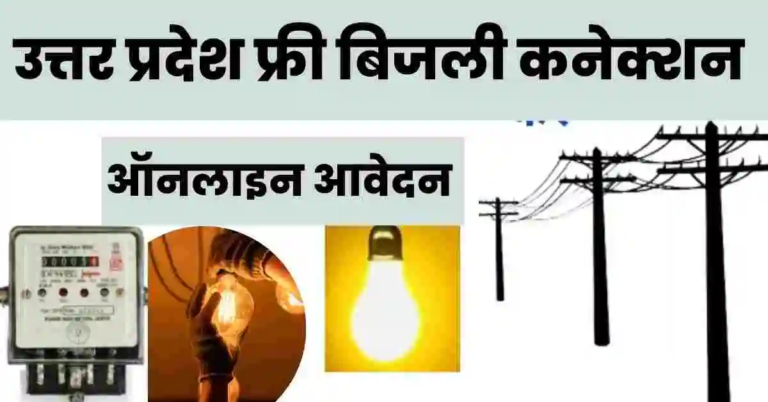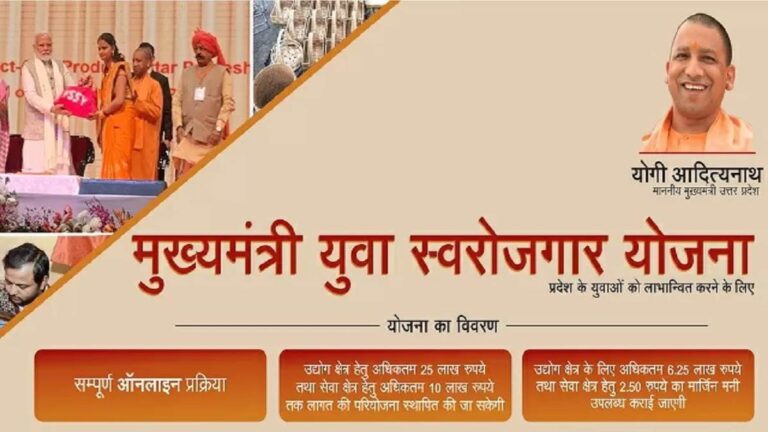What are the Changes Made to Senior Citizens Savings Scheme Rules?

The Senior Citizen’s Savings Scheme (SCSS) has undergone significant refinements with the government’s recent notification on November 7, 2023. These changes, designed to make the scheme more flexible and beneficial for participants, cover various aspects of eligibility, investment rules, premature withdrawals, and more. Let’s explore each modification in detail:
What are the Changes Made to Senior Citizens Savings Scheme Rules?
1. Extended Investment Window:
In a move to provide greater flexibility to retirees, the government has extended the time frame for investing retirement benefits in the SCSS. Previously, individuals aged 55 to 60 had a one-month window to invest after receiving their retirement benefits. Now, this period has been extended to three months, allowing retirees more time to make informed investment decisions.
2. Simplified Spousal Investment:
The rules for spousal investment in SCSS have been streamlined, particularly for the spouses of deceased government employees. The new rules permit the spouse to invest the financial assistance amount in the scheme, provided the deceased employee was at least 50 years old and passed away while on duty. This adjustment recognizes the unique circumstances faced by the families of government employees.
Also Read: How to open Mahila Samman Savings Certificate, POMIS, SCSS accounts online
3. Clarified Retirement Benefits:
One of the crucial aspects addressed in the recent changes is the explicit definition of retirement benefits. The government’s notification now categorically outlines what constitutes retirement benefits, including provident fund dues, gratuity, commuted value of pension, leave encashment, and more. This clarification extends to benefits received by a government employee who died on the job, ensuring a comprehensive coverage of potential investment sources.
4. Premature Withdrawal Deduction:
The rules governing premature withdrawals from the SCSS have been revamped. Under the new guidelines, if an account is closed within the first year of investment, a one percent deduction on the deposit will be applied. This is a departure from the previous practice where the entire balance was paid to the account holder, and interest was recovered for early closures.
5. Unlimited SCSS Extensions:
A notable change in the SCSS rules pertains to the extension of accounts. Previously, account holders were allowed only one extension. The recent modifications remove this limitation, enabling account holders to extend their SCSS accounts multiple times, with each extension lasting three years. An application is required for every extension, providing individuals with prolonged investment options.
6. Interest on Extended Deposits Clarified:
The government has introduced clarity regarding the interest rates applicable to extended SCSS accounts. Under the new rule, if an SCSS account gets extended on maturity, the deposit will earn an interest rate applicable on the date of maturity or the date of extended maturity. This clarification is particularly important as multiple extensions are now permitted.
7. Increased Maximum Deposit:
The maximum deposit amount allowed in the SCSS has been revised. As announced in Budget 2023, the scheme now allows a maximum deposit of Rs 30 lakh. Additionally, in the event of the account holder’s demise, the spouse, acting as a joint holder or sole nominee, can continue the SCSS account by informing the accounts office, providing a seamless transition for the family.
In conclusion, these enhancements to the Senior Citizen’s Savings Scheme reflect a comprehensive effort by the government to cater to the evolving needs of retirees and the families of deceased government employees. The changes aim to strike a balance between providing greater flexibility for investors and maintaining the integrity of the SCSS framework. Senior citizens and their families are encouraged to explore these modified rules to make informed decisions about their financial future.





